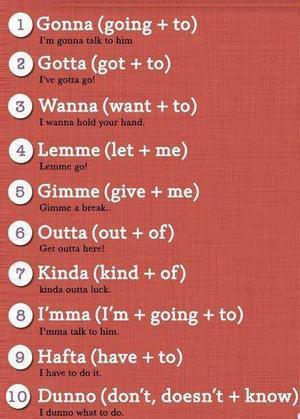Too goes before adjectives and adverbs. It has a negative meaning and shows that something is more than enough, more than necessary or more than wanted.
too + adjective/adverb + to –infinitive.
Helen is too rude to become a doctor.
He is too old to play football with the kids.
Enough goes before nouns but after adjectives or adverbs. It has positive meanings and shows that there is as much of something as is wanted or needed.
Adjective/adverb + enough + to –infinitive
The weather is warm enough to swim.
The shoes aren’t comfortable enough to walk for a long time.
enough + noun
There isn’t enough water.
We have enough money to buy a new car.
My English Pages: Too / Enough
Too vs. Enough
Exercise: Fill in the correct word (too / enough)
English exercises: Too/Enough activities
Agendaweb.org: Too/Enough exercises




 We use relative clauses to give additional information about something without starting another sentence. By combining sentences with a relative clause, your text becomes more fluent and you can avoid repeating certain words.
We use relative clauses to give additional information about something without starting another sentence. By combining sentences with a relative clause, your text becomes more fluent and you can avoid repeating certain words. Informal contractions are short forms of other words that people use when speaking casually. Here you have some links to practice this topic:
Informal contractions are short forms of other words that people use when speaking casually. Here you have some links to practice this topic: